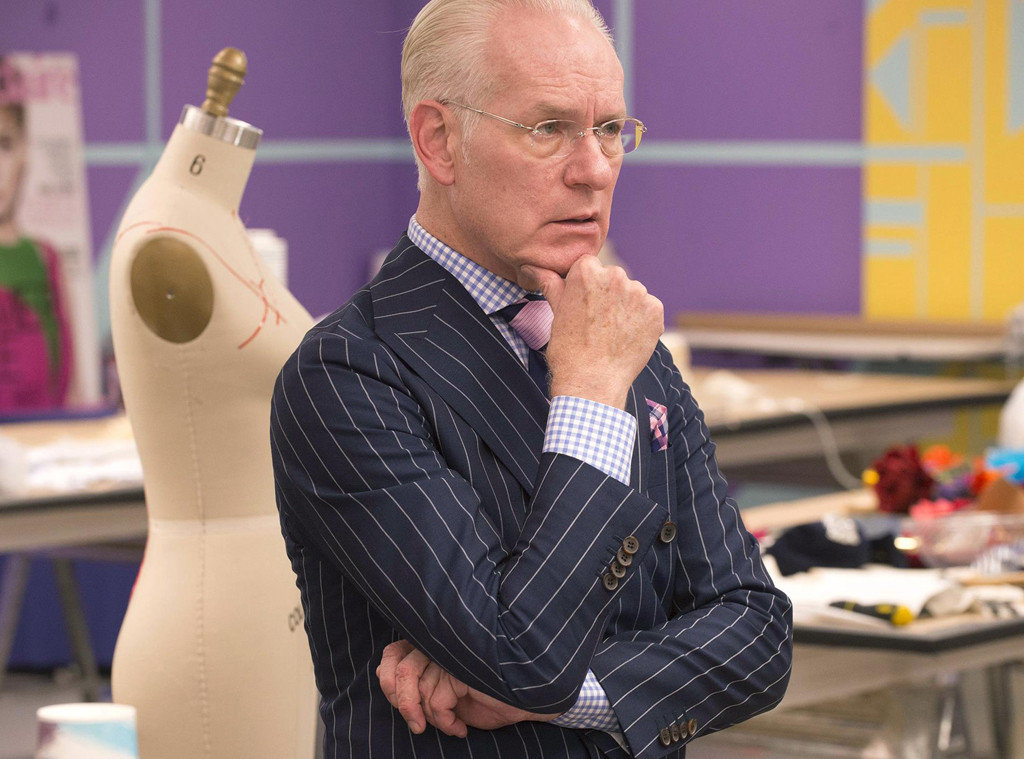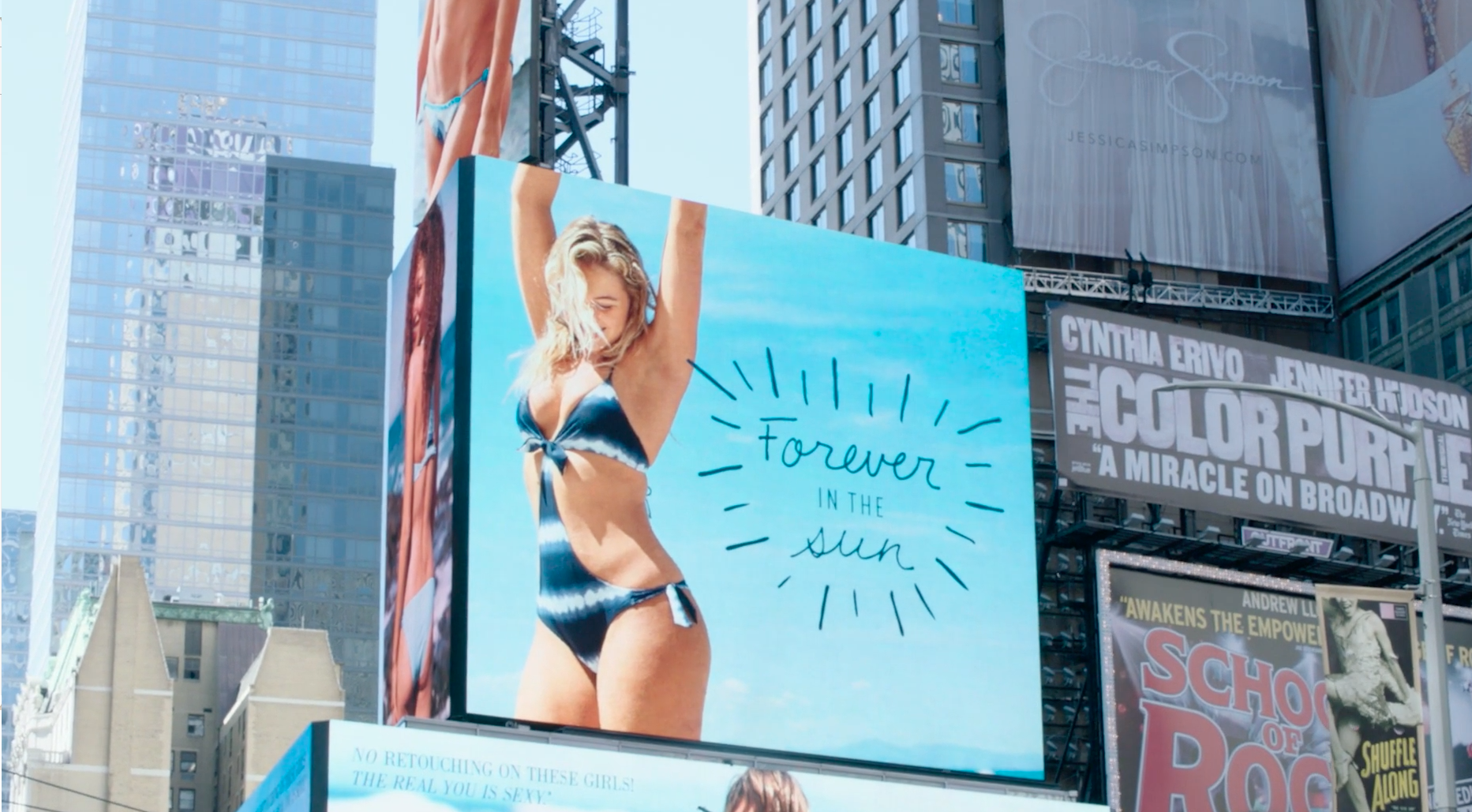This year, Ashley Graham rocked the cover of Sports Illustrated. Iskra Lawrence took her first-ever trip down the runway at New York Fashion Week.
But it's not enough. The fashion industry is rapidly changing — more women are demanding plus-size clothing, but over and over again, designers refuse to adapt. And we've got the receipts.
Based on actual stats from fashion brands, designers, and body-positivity activists, here are eight maddening facts about the fashion industry that prove it isn't keeping up with body positivity.
The average American woman today is actually between a size 16 to 18.
Let's start with the obvious: 67% of women wear plus-size clothing, but most designers don't make clothing that will fit them. It's led to an unfair and disparaging view of who the individuals in this market are, from the designers themselves as well as from the people who they want to be wearing their clothing.
Designers are missing out on billions of dollars by not making plus-size clothes.
"There is a $20 billion gap in the market," that can be filled by clothing made for plus-size women, said Jenny McQuaile, director and producer for the film "Straight/Curve," told Revelist in an email.
"Research shows that the retail market for plus-size women has grown 17% since 2003 and continues to grow," she added. Which means that most brands are so stubborn and elitist that they'd rather take a hit, financially, than serve an unmet market of plus-size women.

Plus-size women often can't shop at regular clothing stores.
Lane Bryant, Torrid, and ASOS all sell plus-size clothing — exclusively. Try to go to any old clothing store, however, and it becomes a plus-size desert.
"Only 8.5% of dresses on Nordstrom.com in May were plus-size," Gunn wrote. "At J.C. Penney’s website, it was 16%; Nike.com had a mere five items — total."
And some stores, like H&M, which tote themselves as body-inclusive shopping havens, are actually pulling their plus-size products from racks entirely.
ALL women think plus-size women are excluded in fashion.
Before you think that all the "noise" around who clothes are made for is only coming from bigger women, Gunn also cites a startling fact that "65% of women of all sizes agreed that plus-size women were ignored by the fashion industry."
This comes from a survey conducted by ModCloth, which offers a pretty decent selection of plus-size options.
More than 80% of plus-size women said they’d spend more if they had more clothing options in their size, according to the survey</a>; almost 90% said they'd buy more if they had trendier options.
Speaking of trendy options, 37% of plus-size women wear men's apparel to work out.
Researchers from Washington State University surveyed women who wore a size 14 or above, who said they usually opt to wear men's workout gear to the gym because the options made for their gender either don't fit, or just look really shlumpy.
Another 34% of those surveyed said they wear unisex clothing (which includes "a free and/or cotton t-shirt from an event") for the same reasons.

A screenshot from the trailer of the upcoming movie "Straight/Curve."
Designers still aren't diversifying the models they send down the runway.
Ashley Graham and Iskra Lawrence, both curvy women, debuted at New York Fashion Week this year, but they were anomalies. Gunn notes the "unattainable" figure of most runway models that are still the norm.
"First it was women so thin that they surely had eating disorders," he wrote. "After an outcry, the industry responded by putting young teens on the runway, girls who had yet to exit puberty. More outrage."
Fashion schools don't usually teach designers how to make plus-size clothing.
There is a "ridiculous lack of education for designers to design, cut, and drape for anyone over a size 4-6," McQuaile said, as universities aren't giving the next generation of designers "the technical skills needed to make clothes for ALL women."
As of this year, students at the world-renowned Parsons School of Design still had to petition the school to get more plus-size mannequins in its classes.
"We all know real change starts with education," she said.
Change is starting to happen, but these changes are offensive.
On the most recent season of "Project Runway," Ashley Nell Tipton won with the show’s first plus-size collection, but Gunn noted that the collection "reeked of tokenism," with pieces that insult, rather than empower, the women who wear them.
"I've never seen such hideous clothes in my life," Gunn wrote. Patronizing plus-size women with clothes that NO woman would want to wear is not inclusivity; it's condescension. If we want to see the industry change for the better, designers have to start taking that change seriously.



